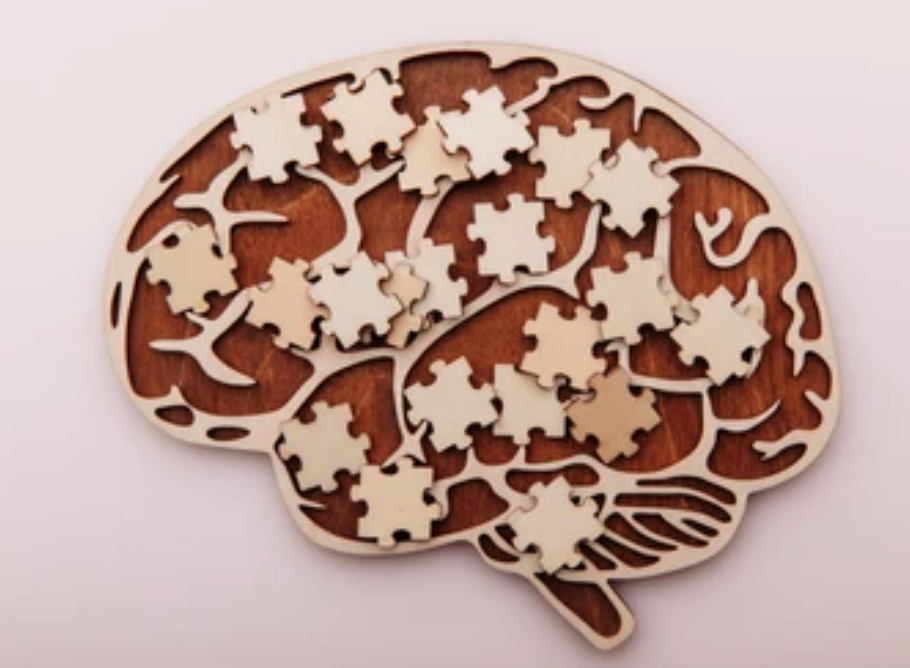Childhood Amnesia: Is What We Remember Reliable?
By Paige Fleming
In theory, anyone could say you did something as a young child and you would most likely believe them if it is plausible enough. In Netflix’s newest season of the hit series Stranger Things, the main character, El, has repeated memories of a traumatic event from her childhood. *Spoiler Alert* El had assumed that she was responsible for certain actions because that is how her brain decided to retain the event. This created a false memory. It was not until later in her life that she was fully able to remember what had happened years prior, realizing she was not at fault.
In fact, it is not uncommon for adults to experience false memories of events from their childhood. In her book, The Memory Illusion, Dr. Julia Shaw explains how adults can remember and explain events from their childhood that had never occurred. Research shows that 25% of sampled participants fully remembered an event that did not happen to them while an additional 13% could remember fractions (Shaw, 2016).
This raises some questions about the accuracy of our memories as a child. Sitting here in the present moment, it is very difficult for me to even think what my first memory is. I do remember getting a new bike for my fifth birthday in the spring of 2006. As I was learning to ride without training wheels, I turned around to see if my parents were watching me as I crashed into a garbage can. Another early childhood memory I have is of my home which I lived in from birth to the summer of 2006. When I am asked if I have any memories of it, I am only able to remember the layout and other basic features. Some memories I have may be from things that have been told to me or shown through old videos or images. This leads me to doubt the truthfulness of some of my childhood memories. As an adult, are things that happened in those videos actual memories, or am I only able to remember after seeing them?
To gain some insight, I had asked my mom about the first memory she is able to recall. She explained having vivid memories of her as a toddler hysterically crying in a red room. These details are very sparse but after talking with my grandma about the event she could recall more, such as her age at the time, where she was, and what caused her to cry. Like my own experiences, I wonder if it were not for talking about details of the memory would she have been able to remember this had happened? Additionally, I am curious as to what causes some individuals to experience earlier first memories than others.
One thing that we as humans can relate to is the shared experience of childhood amnesia. Although it may be different to some degree, we all have encountered a first memory and not being able to remember anything before that point. An article published in The British Journal of Psychology highlights some factors that may influence the age when a first memory could occur. Other reasons include level of education, developmental milestones, ethnicity, and style of parenting (Harmon-Jones & Richardson, 2022). Additionally, mental disorders such as anxiety and ADHD or sustained trauma can have an effect as well (Harmon Jones & Richardson, 2022). Although some of these factors can have negative consequences, it is not necessarily a bad thing to have extended childhood amnesia.
References
Harmon-Jones, S. K., & Richardson, R. (2022). Adults who are more anxious and were anxiously attached as children report later first memories. British Journal of Psychology, 113, 455– 478. https://doi-org.ezproxy.mnsu.edu/10.1111/bjop.12543
Shaw, J. (2016). The Memory Illusion. London: Random House.

